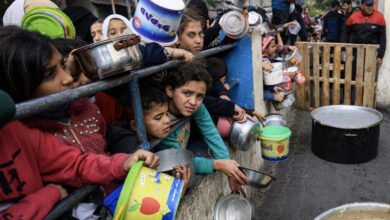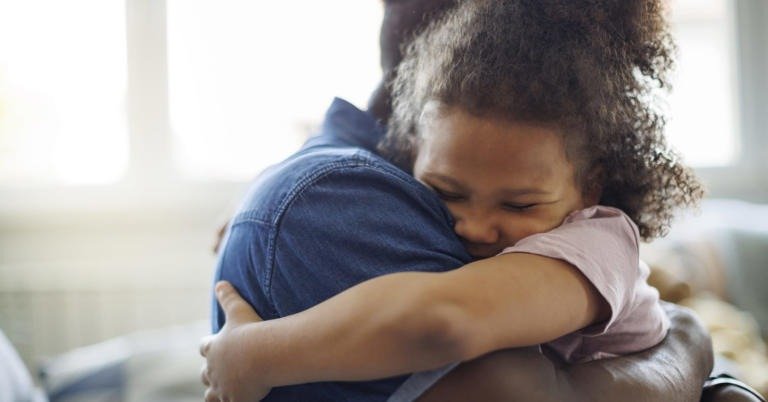Nigerian Children Among Most Exposed to Climate Hazards – UNICEF

Nigeria has been ranked among the world’s most dangerous places for children living through climate-related threats, yet it remains one of the least equipped to protect them.
According to UNICEF’s newly released report “The Nigerian Child 2025,” chronic weaknesses in infrastructure, policy implementation, and emergency response systems leave millions of children exposed when environmental disasters strike.
Floods, droughts, desertification, and extreme heat continue to intensify across the country, deepening the hardships families already face.
As incomes shrink under the pressure of climate change, children bear the consequences—malnutrition rises, school attendance drops, and illness becomes more prevalent. Nigeria also records the highest global rate of pneumonia deaths from pollution among children under five, underscoring the severity of the crisis.
The report reveals how climate stress intersects with poor access to clean water and sanitation. Millions of families depend on contaminated water sources, fueling outbreaks of diarrhoea, cholera, and other preventable diseases. Open defecation remains widespread, making hygiene a daily challenge and putting young children at constant risk.
Children from low-income households suffer the most, often living in communities hit hardest by climate shocks and with the least means to recover.
When water sources dry up or crops fail, hunger, illness, and interruptions in education follow. Girls face additional burdens as they spend long hours fetching water or caring for younger ones, often sacrificing their schooling and security.
These inequalities extend into schools and health centres, many of which lack basic water, sanitation, and hygiene facilities.
Without clean water, safe toilets, or handwashing stations, children struggle to stay healthy, learn effectively, or attend regularly.
Girls face further challenges in managing menstrual hygiene with dignity. Health facilities, too, are left unable to provide proper care without reliable water access, placing entire communities at risk.
At its core, this crisis strikes at the heart of the child’s right to survival, health, education, and a clean and safe environment.





